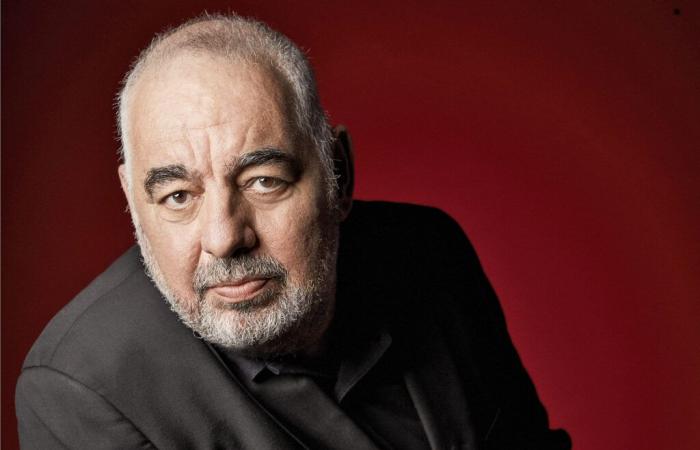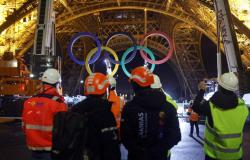SHE: What kind of reader were you as a child?
Philippe Jaenada. Like all my generation, I started with “The Famous Five”, “The Six Companions”, and the English series “Bennett” that I loved… And then, for years, I didn’t read at all, except what I was asked to do at school.
ELLE. How did books come back into your life?
PJ As a teenager, I was directed towards scientific studies, which I followed nicely, telling myself that I would become an airplane pilot. And then, at 22, I was at the University of Orsay in a DEUG in physics and maths, when suddenly, as if I had been touched by grace, I said to myself: “What the hell am I doing here?” I stopped everything, and my life changed. I told my father that I wanted to make films, and within a week, I was projected into a world of culture and art. I met people who read, who watched films, and I really started reading at that moment.
HER: What did you turn to first then?
PJ The classics. I felt like I had missed out on things and that I had to catch up. The previous summer, I had bought “Swann’s Way” to give myself a beach vibe and attract girls. I quickly felt stupid for holding the novel without opening it and I started reading. When I got back to Paris, I bought “Recherche” and read nothing else for a year and a half. Then I moved on to Flaubert, Balzac, Dostoyevsky…
The previous summer, I had bought “Swann’s Way” to give myself a beach vibe and attract girls.
HER. You have a 24-year-old son. Was it important to you to give him a taste for reading?
PJ Yes, but it’s hard to give advice without imposing. When he was a teenager, I told him: “It’s like a film or a music album: if there’s no pleasure, you stop!” Today, he’s a real reader. He recently read all my books, which bothers me a little because I had put a lot of winks in them for him, telling myself that he would read them when I died, that he would have ten thousand pages of his father talking to him. Now, all my messages are burned.
It’s like a movie or a music album: if there’s no pleasure, you stop!
HER. Where, when, with whom… Describe your ideal reading experience.
PJ The only two things I do in my life are read and write. I write during the day and I read every night in bed, before falling asleep, between 2:30 and 3:30 or 4 in the morning. The rest of the time, I watch TV (I never miss an episode of “Koh-Lanta”), I go to the bistro, I talk with my wife…
ELLE. Apart from research for your own work, how do you choose your readings?
PJ It works in waves. Right now, I’m rereading all the Maigrets. At one point, I only read detective novels from the 1940s and 1950s: Chester Himes, Raymond Chandler, David Goodis… And sometimes, I read what’s coming out. This fall, I read “Le Syndrome de l’Orangerie” by Grégoire Bouillier, because he sent it to me. And “Person morale” by my friend Justine Augier.
ELLE. You are organizing a literary dinner, who are you inviting?
PJ Proust and Modiano. Bukowski, to cause a bit of chaos. And then Virginie Despentes and Justine Augier. I would put them all at the table and let them sort it out for themselves.
“Nonchalance is a Beautiful Thing,” by Philippe Jaenada (Mialet-Barrault, 478 pages).






